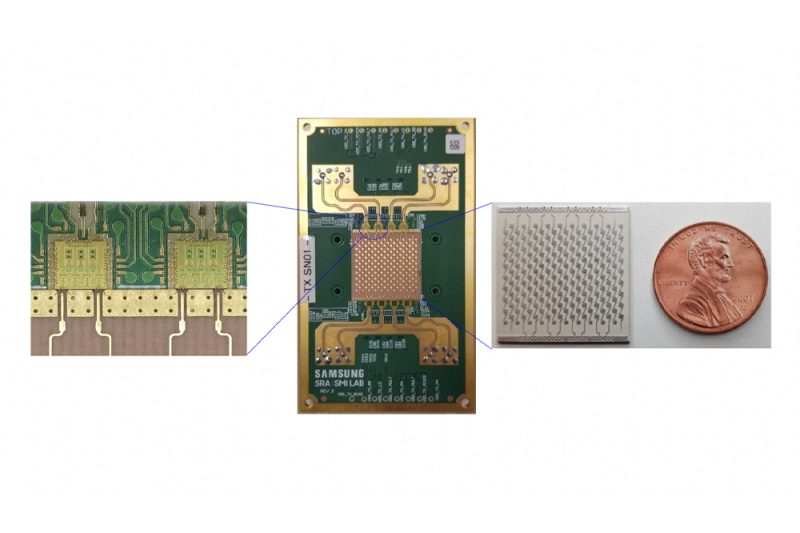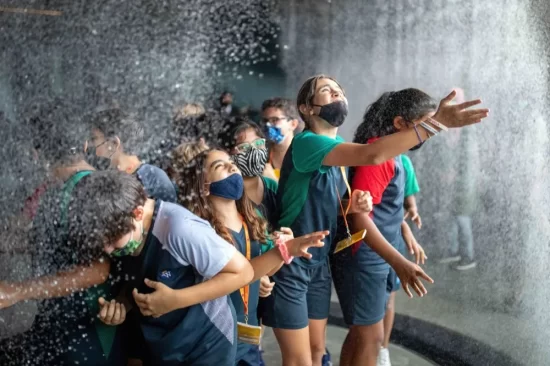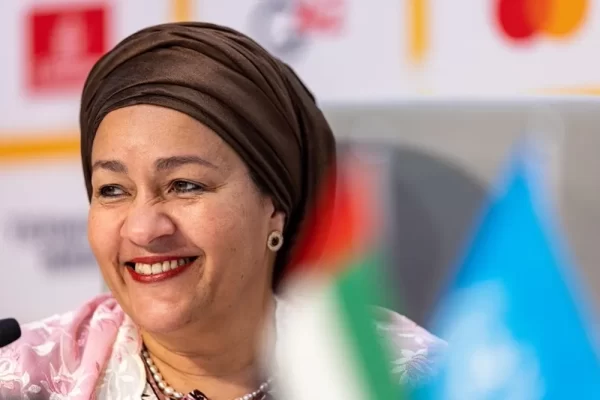DUBAI, 17 January 2022 – The Rt Hon Helen Clark, former Prime Minister of New Zealand, today (17 January) called for global vaccine equality as she helped to kick off the first full day of the G-STIC Conference at Expo 2020, as part of a programme of prominent international speakers.
Tackling Sustainable Development Goal 3: Good Health and Wellbeing, Clark – who is Co-Chair of the Independent Panel on Pandemic Preparedness and Response – praised the role of science and technology in fighting the COVID-19 pandemic, as well as governments that have been willing to listen to and implement scientific advice.
Taking the audience on a tour of technology’s role, from diagnostics and vaccine development through to drone delivery of key supplies to remote areas, Clark went on to emphasis the inequality of access to these technological advances.
Rt Hon Helen Clark said: “While those of us who live in high-income countries have been given access to vaccines, including now to boosters, low-income countries are struggling to reach even 10 per cent of the population with two doses of a COVID-19 vaccine. There are solutions to this inequity, but they do require both generosity and leadership … Many of these innovations have benefited from very large injections of public research and funding. Our panel thinks that public money invested in what should be seen as global public goods should lead to global availability of those goods.”
Dubai Exhibition Centre, Expo 2020 Dubai is hosting the fifth annual G-STIC Conference, the first to be held outside of Belgium, from 17-19 January. Coinciding with Global Goals Week at Expo 2020 Dubai, the conference is delving into how the Sustainable Development Goals (SDGs) can be successfully reached by 2030 and analysing global issues such as education, health, water, energy, climate and entrepreneurship.
While examining SDG 4: Quality Education, the conference focused on how technology can help or hinder progress in global education, while also discussing how the pandemic has set back progress in this area. Leymah Gbowee, Nobel Peace Laureate and Founder and President of the Liberia-based Gbowee Peace Foundation Africa, spoke several times during the day, sharing stirring stories of the challenges women and children face in developing countries in gaining access to education, post-educational opportunities and a life free from male violence.
Speaking about the education gap, Gbowee emphasised the importance of education for girls and boys, to enable them to be “productive in society”. However, Gbowee highlighted how access to education alone is not always the total solution, and how the poverty, healthcare and family attitude can still intersect to hold particularly girls back.
Leymah Gbowee said: “What statistics and data have failed to show us is the distance between sending to school and the future. What lies in between? The work my foundation has done over 10 years has shown us that there is education, then there is the social challenge, the health challenge, the technological challenge, the religious challenge, the political challenge. We are at the beginning of negotiating life for these girls, to be able to be educated. The distance from education, to the future, is every other thing that lies in between.”
Meanwhile, several speakers shone a light on technology’s role in bridging educational gaps, including school closures during the pandemic, and agreed that access to technology and connectivity in itself is only part of the solution. Chandrika Bahadur, Director of the SDG Academy and Vice President of Education at the UN SDSN, and Dirk Van Damme, Senior Research Fellow, Centre for Curriculum Redesign, noted the importance of adequate training for teachers on how to use digital, e-learning resources to get the best outcome from its availability.
The event will continue for two more days, with speakers including His Excellency Thani bin Ahmed Al Zeyoudi, United Arab Emirates Minister of State for Foreign Trade; Hans Bruyninckx, European Environment Agency Executive Directorl; His Excellency Saeed Mohammed Al Tayer, Managing Director and CEO of the Dubai Electricity and Water Authority (DEWA), Maria Neira, Director of Environmental Health at the World Health Organization (WHO); and Gina Lucarelli from the United Nations Development Programme (UNDP).
























